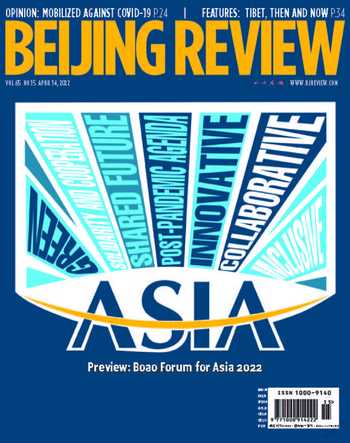Growth Engine Of the World
By Juan Carlos Aguilar
For Mexican professor Gerardo del Rivero Maldonado, holding a Ph.D. in economics from the Autonomous University of the State of Mexico (UAEM), China’s unprecedented economic growth can be attributed to the large investment its government has poured into the education sector. This has allowed “Asia’s giant”to lead the world’s scientific revolution and stand at the forefront of universal exploration, he said.
This is how Maldonado, a full-time academic passionate about everything that China represents, sees things. He feels this driving force every day, practically every hour, inside the classroom as a scholar, as a professor, but also as director of one of the university’s institutions where he provides students with a better understanding of the “Chinese phenomenon,” the current No.1 topic of worldwide social and economic studies.

For Maldonado, this new wonder, very different from the one experienced during the second half of the 20th century dominated by Europe and the United States, is tremendously appealing. It offers another way of explaining ongoings in the international arena—through a lens very different from that of the West.
“Not everything has to come from what social scientists in the U.S. and Europe propose. There are other ways to perceive world development,” he added.
Solid proof of what he says are the theses, congresses and diploma courses that universities worldwide dedicate to this topic. Maldonado, too, plays his part: He currently teaches doctoral-level political organization and economics of Asia at the UAEM’s Faculty of Economics.
In addition, as director of the Instituto Universitario y Tecnológico del Estado de México, Maldonado has promoted something unprecedented in the country: teaching Chinese language and culture to freshmen students of Bilingual International Business beginning from their first semester and crossing the timespan of their major. This is part of a comprehensive training for students who seek to forge an academic bond with China; the first generation with this new curriculum is set to graduate in July 2023.
In Mexico’s public and private universities, standard Chinese is taught as an optional subject with no specific career focus, something that Maldonado sought out to fix through this academic proposal.
“Chinese is the language of the future, the one that is destined to compete directly with English; this can open up many opportunities for our youth,” he explained. Maldonado also believes that, “since the 1970s, China has played an essential role in an increasingly globalized world.”
Maldonado as of yet has not visited China in person, but he can already imagine what that trip will one day look like. “When traveling abroad, I never like to go as a tourist. I prefer to see the places locals visit. I like going to markets and getting on buses or subways to better understand a city’s social dynamic. That’s what I would, and hopefully will, do,” he concluded. BR

